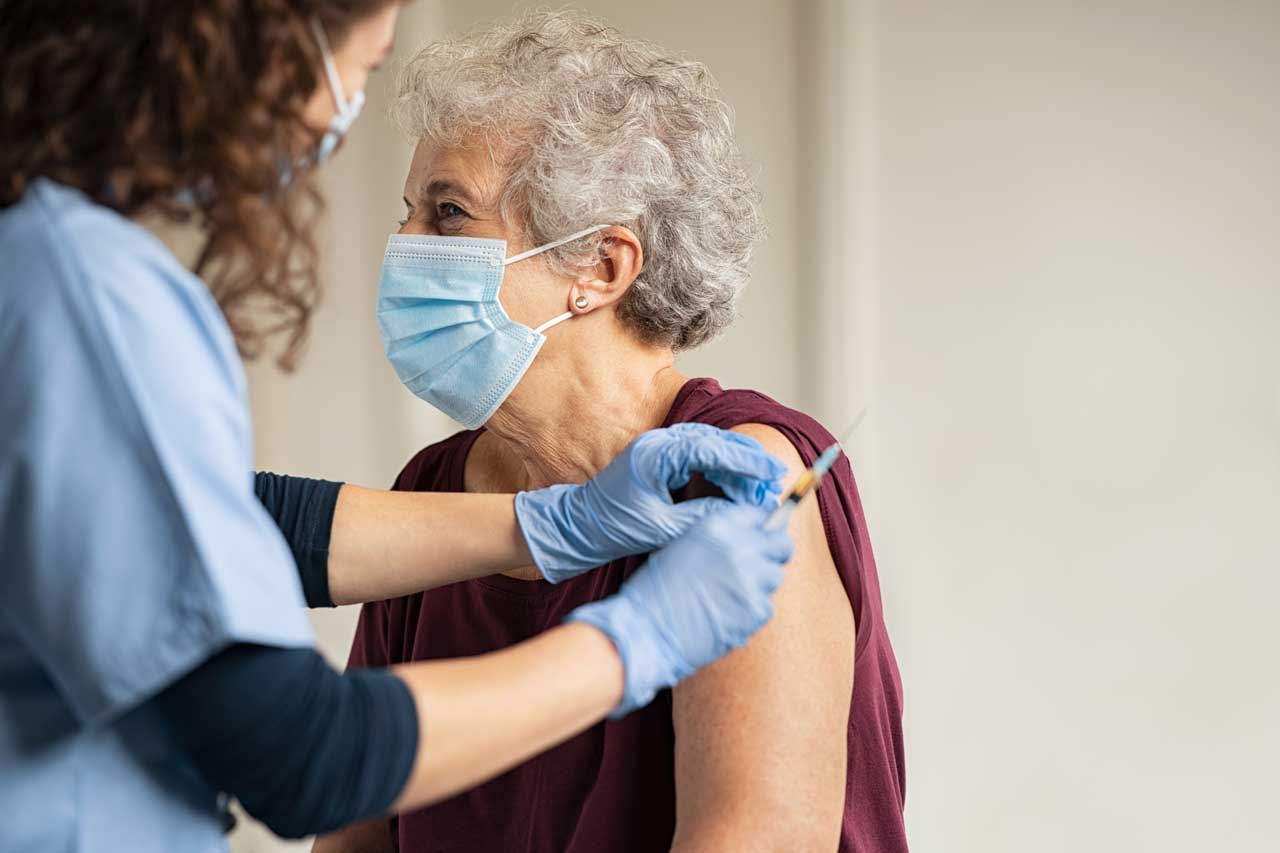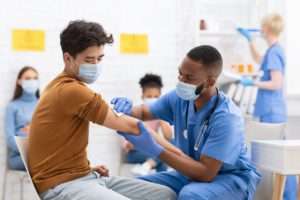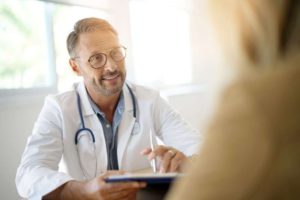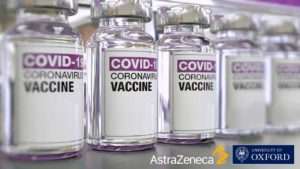The United States is working hard to get a high percentage of people vaccinated before the flu season begins. It is a conscious effort to protect public health and to help stop, or at least slow down, the spread of COVID-19 in the country.
According to a report from the Centers for Disease Control and Prevention (CDC), about 22 million Americans have already been vaccinated and everything is going well. Although there are a few reports about some people showing signs of severe allergic reactions, the number of cases is still lower than what was initially expected. These data do not mean that the authorized COVID vaccines come with an endorsement by CDC (https www.cdc.gov).
There were also rare death cases but it is still unsure whether or not they were caused by the vaccine or any of its ingredients. Some have already been confirmed to be unrelated.
While those who have already received the COVID-19 vaccine are a bit relieved, there are still several questions that need answers like “What to do after COVID-19 vaccination?”.
7 Things COVID-19 Vaccinated People Should Do (and Keep Doing)
The vaccines were authorized by the Food and Drug Administration (FDA) and were issued interim recommendations for use by the Advisory Committee on Immunization Practices (ACIP) to help minimize the transmission of COVID-19 and, hopefully, its variants. However, it is important for people to understand that there is no perfect vaccine. As much as they want to get rid of their masks and get their normal lives back, they would just have to wait and do the following things post-vaccination.
Keep Wearing a Mask
After getting vaccinated, it is still imperative to wear your face mask. The experts say that staying masked in public is crucial as scientists are still unsure if vaccinated people could still spread the Coronavirus. So, until there is enough proof of that and Herd Immunity has been achieved, only then can we take a break from wearing a face mask.
Stay Home and Stay Away from Large Crowds
Minimize your trips to the supermarket or any place where there is a high chance of getting exposed to a lot of people. Although you are a vaccine recipient, the protective property of the vaccine will not be immediately effective as your immune system is still building antibodies. If you do have antibodies already, there is still no proof that can’t be a carrier and spreader of the virus.
Maintain Social Distance
If you do have to go out in public, observe strict health protocols and maintain a good distance from other people. Vaccination is not mandatory so there is a strong possibility that you will encounter people who are not vaccinated. Unfortunately, there is no way to know if an individual has received the shot or not, so it is best to stay on the safe side.
Wait 15 to 30 minutes Before Driving
Right after getting vaccinated, it is imperative to wait at least 15 to 30 minutes before leaving the clinic or health center. If there is no safe waiting area in the clinic or health center, stay in your car for a few minutes before driving. In the CDC website, the vaccine manufacturers have advised health workers to observe vaccinated individuals for any allergic or unusual reactions: 15 minutes for those with no history of severe allergic reactions (anaphylaxis) and 30 minutes for those who have.
Take Note of Side Effects
If at all possible, keep a journal or list down any side effects you experience right after getting vaccinated. In case something unusual happens, your health care provider would be able to quickly check your notes and make a proper diagnosis. This will also help researchers learn more about the vaccine.
The most common side effects are:
- Pain, swelling and rash on the arm where you got the shot
- Fever or Chills
- Tiredness or Fatigue
- Headache
Here are tips to help ease side effects:
For swelling or pain in the injection site, apply a cool and wet washcloth over the affected area. Exercise the arm gently to help increase the flow of blood.
For fever, keep yourself hydrated, cool the body down (wear light, comfy clothing), and reduce body temperature with a lukewarm sponge bath.
If your fever lasts more than three days or gets as high as 103°F (39°C), seek immediate medical care. If a rash, breathing problem, or pain in the chest or abdomen worries you, contact your health care provider immediately.
Make a Copy of the Vaccination Record Card
After you receive the first dose of a COVID-19 vaccine, you will be given a Vaccination Record Card that shows the vaccine manufacturer, lot number, date of first dose administration, and second dose due date. It is important to get the same vaccine type for your second dose to ensure efficacy. If you received the Pfizer BioNTech COVID-19 vaccine the first time, you can’t get a Moderna COVID-19 vaccine the next.
Keep it in a safe place because you need to present it when it’s time for your second shot. Take a photo of it using your phone or have it photocopied. Although the clinic or center, where you got your first dose, has a record of it, it’s still important to have a backup in case the digital records are not available or accessible when you go back.
Strengthen the Immune System
Don’t fully rely on the vaccine to keep you protected from SARS-CoV-2. You must also boost your health to make sure that you lessen any chance of you acquiring the virus. It is highly recommended to take a lot of Vitamin C and drink plenty of water. Maintain healthy habits and eat nutrient-rich food.
Life After Vaccination: Moving Forward
It is great that there are COVID vaccines now that people can receive for free. However, completing the series of shots does not guarantee that the pandemic will end. Instead of aiming to get back to normal, let us cooperate and help each other move forward.
It is crucial for everyone, vaccinated or not, to wear a mask, wash hands, keep a safe distance, and get vaccinated. Not only do you keep yourself from getting infected with COVID-19, but you also help the lives of the people around you.
If you are interested in getting injected with the COVID vaccine, sign up to join our online waitlist. You will be notified when doses of the vaccine become available at Statcare locations in New York. If you need to get tested, we offer rapid COVID-19 testing in all our locations.










